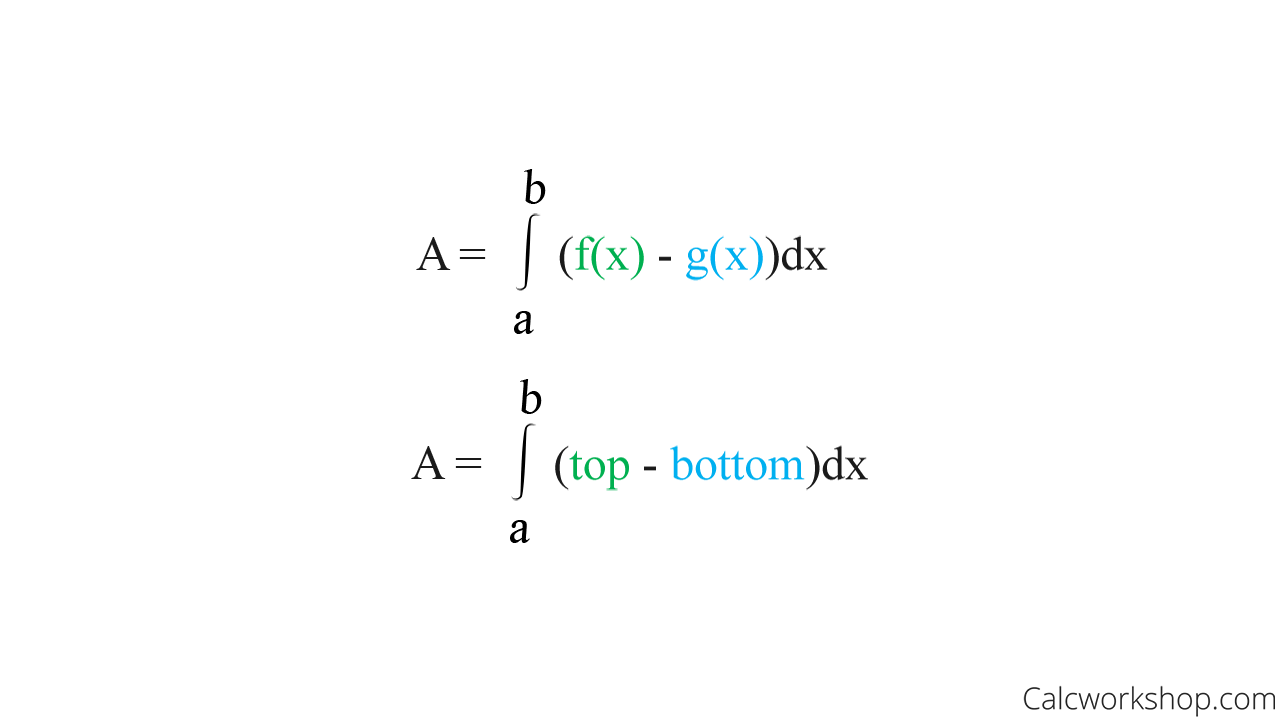What is the derivative of lnu?

What is the average value of a function?
The graphical representation of a differential equation.
What is a slope field?
This equation is used to find the area between 2 curves.
What is 
If f is continuous on a closed interval [a,b], then f has both a minimum and a maximum on the interval.
What is the Extreme Value Theorem?
Expand ln(a•b)
This formula represents when the rate of change is directly proportional to the amount of present.
What is dy/dx=ky?
The equation that represents an exponential growth/decay model.
What is y=Ce^(kt)?
This is used to find the volume of a shape created by spinning around a fixed axis (no hollow region).
What is

If f(x)≤g(x)≤h(x), and limx->c f(x)=L=limx->c h(x) then limx->c g(x)=L.
What is the Squeeze Theorem?
1) Take the ln of both sides 2) Use log properties to simplify 3) Take the derivative 4) Solve for y' and substitute for y
What are the steps in logarithmic differentiation?
If f is an _____ ______, then ∫-aa f(x)=0
What is an odd function?
The result when you integrate the rate of change of position.
What is change of position (displacement)?
This is used to find the volume of a shape created by spinning a given area around a fixed axis (hollow region exists).
What is


What is the Second Fundamental Theorem of Calculus.
The domain of the natural logarithmic function.
When the definite integral has a square root with an equation inside, this shape should be a possibility to consider.
What is a semi-circle?
It states that the temperature of an abject is proportional to the difference in the temperature of the object and the temperature of its environment.
What is Newton's Law of Cooling?
The formula to find the cross section of a semi-cricle?
What is A = (pi*r^2) / 2?
This type of problem requires separating variables, integrating, and solving for C.
What is a differential equation?
The definition of natural logarithmic function.
What is ?
?
The integral expression for
limn->∞Σnk=1((2k/n)3+3)(2/n)
What is ∫02(x3+3)dx?
The equation that results from this differential equation with the given question.
dy/dx = 1/(3y^2)
y(3) = 2
What is y = (x+5)^(1/3)?
Related rates that have to do with right triangles can use this technique or similar triangles.
What is the pythagorean theorem?
The derivative of b^u.
What is (b^u)(lnb)(u')?